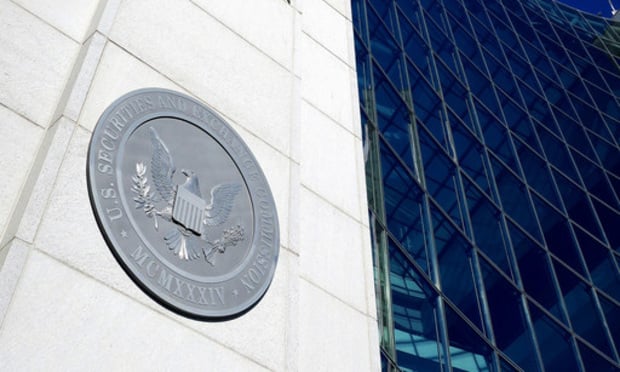Accounting fraud and related issues will always be a priority for the U.S. Securities and Exchange Commission (SEC or the Commission). Though the SEC has recently emphasized its focus on issues such as protecting retail investors and addressing cyber risks, it continues to bring new accounting fraud enforcement actions each year. In that context, one issue that has become even more important to the SEC is how companies treat and report financial metrics prepared outside of United States Generally Accepted Accounting Principles (GAAP), more commonly known as “non-GAAP” metrics.
As defined by SEC regulations, a non-GAAP financial measure is a numerical metric of a company’s historical or future financial performance, financial position, or cash flows that includes or excludes amounts from the most directly comparable GAAP measure. 17 C.F.R. §244.101(a)(1). Commonly used non-GAAP measures include earnings before interest and tax (EBIT), earnings before interest, taxes, depreciation, and amortization (EBITDA), and adjusted revenues. While in 1996, approximately 60% of S&P 500 companies reported at least one non-GAAP earnings-per-share figure, today, that number has increased to 97%. Jessica McKeon, Audit Analytics, Long-Term Trends in Non-GAAP Disclosures: A Three-Year Overview (Oct. 10, 2018).


 U.S. Securities and Exchange Commission building in Washington, D.C. Credit: Diego M. Radzinschi
U.S. Securities and Exchange Commission building in Washington, D.C. Credit: Diego M. Radzinschi




